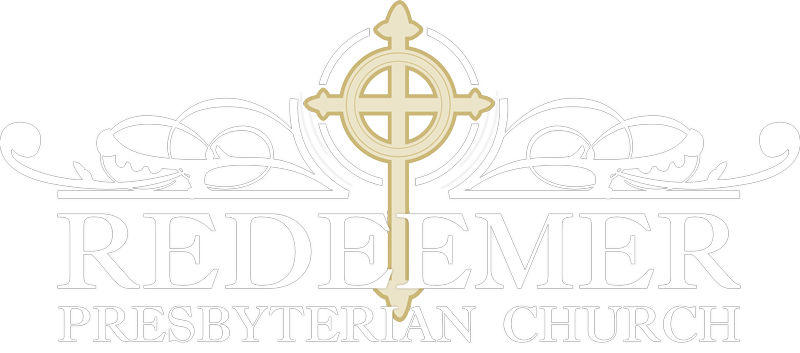Sunday Morning Worship 8:30 AM and 11:00 AM

Creeds, Confessions, & Catechisms: A Cost-Benefit Analysis
I. Introduction
A. Discipleship in the Reformed tradition, specifically the Westminster tradition
B. Context of Reformation Day celebrations and the five solas:
1. Sola Dea Gloria (glory to God alone)
2. Solo Christo (through Christ alone)
3. Sola Gratia (by grace alone)
4. Sola Fide (through faith alone)
5. Sola Scriptura (scripture alone)
II. The Reformation Was More Than Five Points
A. The Reformers did not reduce Christianity to a handful of slogans
B. They wrote extensive confessions and catechisms addressing doctrine, piety, worship, and government
C. All four areas matter for sustainable Christianity
III. Making Confessions and Catechisms Is Biblical
A. Scriptural precedents: Deuteronomy 6, Psalm 78, 2 Timothy 1:13-14
B. The biblical pattern of passing down sound teaching to the next generation
IV. Honesty in Theology
A. Confessions provide transparency about what a church believes
B. Allow people to know what they are agreeing to when joining a church
C. Prevent bait-and-switch tactics
V. Unity Through Shared Confession
A. Common theological foundation strengthens the church
B. Helps avoid being tossed about by every wind of doctrine
VI. Substantial Doctrine for Turbulent Times
A. Need more than doctrinal minimalism to weather life's storms
B. Comprehensive understanding of God, humanity, sin, and salvation provides ballast
C. Time to experiment with "theological maximalism"
VII. Doctrine Leads to Doxology
A. Deeper knowledge produces richer praise
B. Understanding justification, adoption, sanctification enriches worship
C. Knowledge pursued rightly leads to godliness, not pride
VIII. Conclusion
A. Exhortation to dig into God's word using the tools of confessions and catechisms
B. These tools help Christians grow, promote unity, teach truth, and provide doctrine for deeper praise
C. Thanking God for salvation in Christ and asking for increased faith and usefulness
